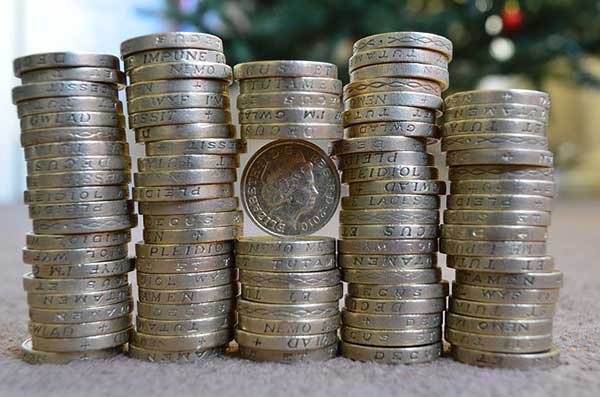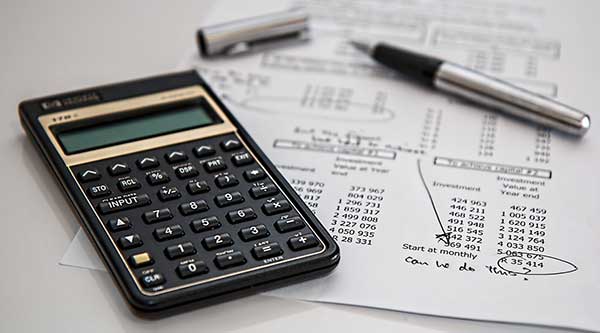Failure and financial setbacks happen. Nobody is that blessed to go through life without experiencing some form of obstacle along the way. It’s what makes us stronger, and, if we learn from the experience, then we can come out on top.
To get yourself through this time, there are certain things you should be doing to get back on track sooner rather than later. Here are 4 tips to help you bounce back from financial setbacks:
1. Accept your situation
Before you can make a comeback, you need to understand where you are, and, ultimately, how you got there. Don’t wallow and don’t ignore the problem – that isn’t going to help you. However, understanding how you got there is the first step. Assess your situation, and what you have been doing to get you to this point. Is it something that you can physically eliminate such as a credit card, or is it an outside influence? Write it all down. Once you have assessed your situation and figured out where you went wrong, forgive yourself and don’t live in the past. Yes, you may have made some mistakes along the way, but it’s the actions you take from here on in that you can control now.
2. Revise your goals
Do you have a big debt that needs paying down? All of your old goals (like a holiday in the Maldives) must now be pushed to the side for the moment to ensure your recovery is swift and as pain free as possible. If you’re struggling with this part, hash it out with someone you trust. An outside perspective can often shine new light on a situation that you can’t see your way out of. Setting new goals and then making a plan to achieve them is what will set you on the right path.
Once you have assessed your situation and figured out where you went wrong, forgive yourself and don’t live in the past
3. Cut back, just for a while
Now that you know your short term goals, you need to look at your expenses, and figure out what is actually mandatory and what isn’t. Housing, food, and electricity are all necessities but maybe the daily coffee, expensive car lease and designer outfits are not. I think it’s important in your budget to have some money for the extras that you enjoy but in the short term, you may need to go without. Don’t think of it as a life sentence, just think of it as a short period while you get yourself sorted out. You may need to be brutal with yourself but it’s for a pre-defined period, so there is light at the end of the tunnel.
4. Build and use your support system
Get buy-in from close friends or family. Much like starting an exercise regime, having a support system that can call you out when you are about to make past mistakes again, is invaluable. As an added benefit, if they know what you are going through then you won’t feel as much pressure to keep up with the Joneses.
The road to recovery doesn’t have to be long, but the only way to get through itis to self-evaluate and set out a realistic plan of action. If you knuckle down in the short term, you’ll be back planning your holiday to the Maldives in no time.
Cara Brett is the Director and Senior Financial Adviser at Bounce Financial. Having worked in the financial services industry since 2003, she saw an opportunity to work with the young professionals and the movers and shakers in Brisbane, and so Bounce was born.





